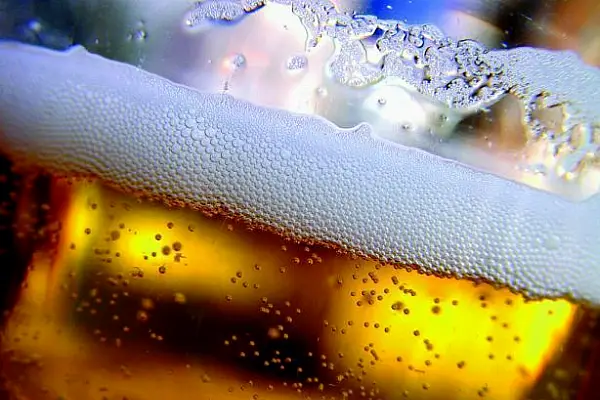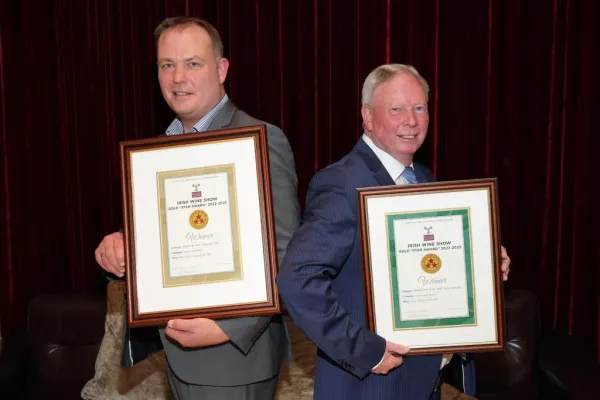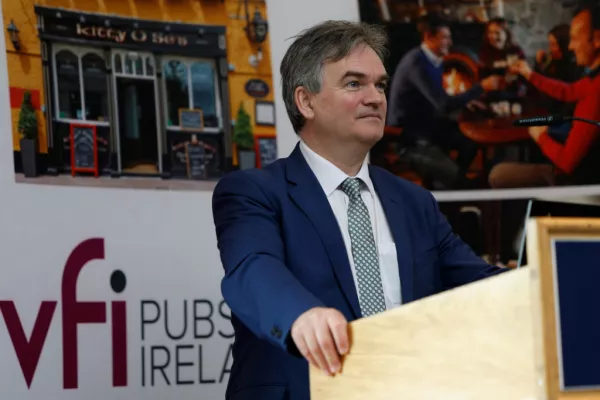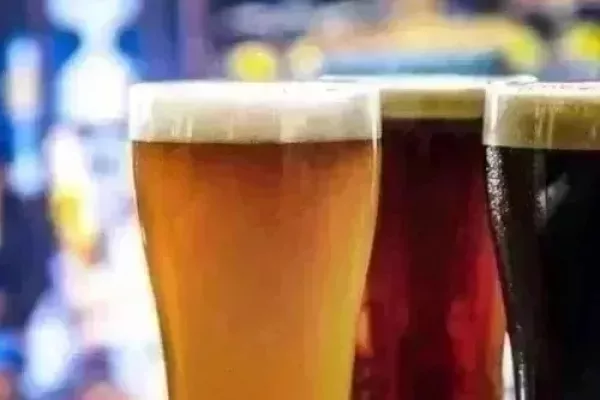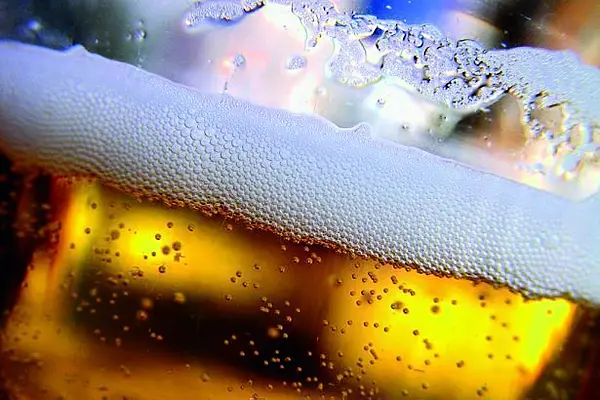Ireland’s rural drinks and hospitality businesses are highly vulnerable to a hard or ‘no deal’ Brexit, according to a new report published by the Drinks Industry Group of Ireland (DIGI).
The report, which is titled "National and Regional Employment in the Drinks and Hospitality Sectors" and authored by DCU economist Anthony Foley, reveals the following information about rural drinks and hospitality businesses, and employment in Ireland:
· Hospitality employment—which includes pubs, hotels, B&Bs and restaurants—accounts for 9.5% of all employment in the west of Ireland. The figure is 8% in the capital. Both are above the national average of 7.6%.
· In terms of employment in the ‘accommodation and food service’ sector, which includes many drinks and tourism businesses, nine counties report a total employment share above the county average of 5.8%. This is based on the Census of Population "main activity" measure.
· Of these nine counties, six are part of Ireland’s Wild Atlantic Way and the other three are in the Ancient East region. In Kerry, accommodation and food service sector employment is as high as 10.5%.
· The drinks industry directly and indirectly employs a total 90,000 people. When the tourism sector is included, much of which is dependent on or associated with the drinks industry, total employment is 254,400, or 11.5% of all Irish jobs.
Importance Of Drinks Sector
Rosemary Garth, Irish Distillers' communications and corporate affairs director and chair of DIGI, said that the new report clearly demonstrates the vital importance of the drinks and hospitality sector to rural Ireland, local employment and the economy in general.
“In many parts of rural Ireland, drinks, hospitality and tourism businesses are the primary and sometimes only employers. This makes these areas highly vulnerable to economic shocks, like Brexit,” said Garth.
She continued, “If a hard or no deal Brexit occurs and sterling devalues further, British tourists will look to save their money rather than spend it. That means fewer holidays and a smaller budget when they travel. Considering the British are our single biggest tourism market, this is a significant problem for rural areas that completely rely on foreign spend to power their local economy. Without a way to offset this decreased trade, some towns and villages could face business closures and job losses not unlike those of the recession.”
A downturn in the drinks and hospitality trade could also harm our economy. Ireland’s drinks industry alone generates Exchequer revenue worth €2.3 billion and exports €1.25 billion in goods every year.
Defensive measures
Faced with an uncertain economic environment, DIGI has called upon the government to safeguard the growth of the drinks and hospitality industry by implementing a ‘defensive’ alcohol excise tax reduction.
Ireland has the second-highest overall alcohol excise tax in Europe behind only Finland. Broken down by drink type, we have the highest tax on wine, the second highest on beer, and the third highest on spirits.
“Ireland’s drinks sector is our fastest-growing manufacturing industry,” Garth asserted. “In 2013, there were just four working distilleries. Now there are 18 with 16 more on the way. Since 2012, the number of indigenous microbreweries producing their own product has quadrupled.
“With lower excise tax in a stable trading environment, our industry could do even more. With our current rate in addition to a hard Brexit, however, we risk damaging this hard-earned growth.
“By reducing excise, not only would the government be rewarding consumers by putting more money back in their pockets, it would be helping to defend producers, retailers and other businesses across Ireland from the worst impacts of economic uncertainty. With less spent on excise tax, employers will be able to invest in business development and job creation, giving Ireland’s regions the necessary supports to grow in line with the rest of the country.”
© 2018 Hospitality Ireland – your source for the latest industry news. Article by Dave Simpson. Click subscribe to sign up for the Hospitality Ireland print edition.
